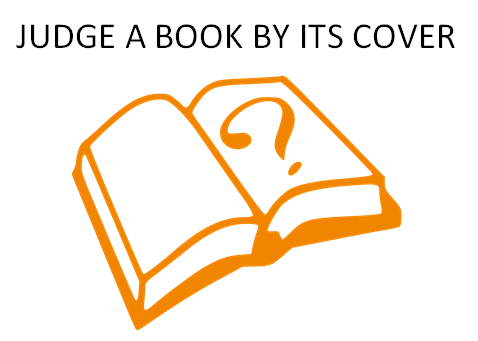We’ll probably all hit that point in our book where we’re disinterested in what we’re writing, or we just want to get to the good bit. So we tend to give up! At least, I know I do. I stop writing because I’m not seeing my vision come through. Maybe I stop writing because I’ve hit a writing block and don’t know what to do about it. So I came up with 10 tips to motivate and inspire you and me to keep writing. So here it goes!
1. Delete a paragraph and rewrite it differently.
Sometimes we’ve hit a block and stop writing because we have a paragraph that doesn’t give us freedom. It ends a good sentence of thought, or just doesn’t flow. But we don’t want to delete it! Remember the #1 rule? Murder your darlings. Even if you like the paragraph, it may be causing you problems. Highlight. Backspace. (Or use that handy eraser). Delete it and rewrite it, or just delete it and move on.
2. Come up with a plan.
We can have brilliant ideas, and can be more than eager to want to turn it into a book. That’s not a bad thing, but some stories really require plans. For instance, I’m writing a mystery and I had to write out a very detailed plan to make sure I didn’t stray off the track and miss something or ruin a good plot twist. Sometimes it’s easier to just skip the plan and plunge ahead. But plans can help give us ideas or places to go when we’re stuck.
3. Create conflict.
Readers love conflict. Well, they don’t love it. Sometimes they wish it hadn’t happened so the character would be happy. But it’s what keeps them, keeps us, reading. Maybe your character is too happy or their story is too easy. Create a bit of logical, juicy conflict! It will interest you too. Conflict is what drives us.
4. Have someone read your writing.
Peer review is one of the most important tools we can use. Having someone reading your writing can help on many levels. First of all, they can point out grammatical or flow errors. But not only that, they can suggest places to go from there. Maybe things they as readers would enjoy to see or think would move the story ahead.
5. Listen to music.
Okay, this may seem like a weird tip, but listening to music can really spark different kinds of emotions. This can give you an idea of what impacts you the most, and emotions you want in your story. Maybe you can even listen to music you think your character would listen to to try to come up with different situations for them. This can lead to a sequel, push you out of a block, or just help you get that final chapter written. Or even the first. (Hint: The first is always the hardest). Keep a playlist of inspiring songs!
6. Have someone keep you accountable.
Having someone check up on your writing and motivating you to keep writing is a huge blessing. It can be as simple as “hey, did you write in your story/book/novel/ETC today? Can I see it?” Just that simple! Maybe you could amp it up to you having a goal each day that they make sure you make. It sounds weird, but it might be helpful! I mean, afterall, life isn’t meant to be lived alone.
7. Read some good books.
Picking up some librarian suggestions at the library can definitely boost your creativity. From the plethora of new conflict ideas, writing styles, or situations, it can usually end up sparking a new flame of awesomeness. My personal favorites go on and on, but the first (not super well known) series that come to mind are the Stormlight Archives by Brandon Sanderson (lengthy, but brilliant), Birthmarked by Caragh O’Brien, Ranger’s Apprentice by John Flanagan, and Phantom of the Opera. (Phantom of the Opera is under read, in my opinion. The tears. Oh, the tears).
8. Try a new writing project.
Sometimes the best thing is to step away from our current projection to try something different. It doesn’t have to be drastic, like a new book. But trying your hand at poetry, short stories, or different genres can give your writer brain a bit of a breather from the same thing. It can also open up your mind to new metaphors, sayings, ideas, and things to write about. I used to think I could never write poetry until I took a creative writing class and tried it out.
9. Collaborate with other writers.
Having a nice, long, discussion with fellow writers is really beneficial. My writer friend is a girl name Katie, and we’re always discussing writing. We even having a writing board on Pinterest. Oh the black hole of Pinterest. But not only have we opened each other to new books (see tip 7), we’ve opened each other up to new ways to write, new ways to develop characters, and many other things. They can definitely get you motivated.
10. Take a break from writing.
I know! I know. This one is difficult. How does one take a “break” from writing? Inconceivable! But it sometimes is the best. Writers say to write every day, but they don’t tell you that sometimes taking a breather from your computer keys (or a pen/pencil and a notebook) is just what you need to stretch yourself. Get out there! Interact with people, and who knows. When you sit back down, you might have found a new strength in your writing.
With love, Ms. Beka Mae










